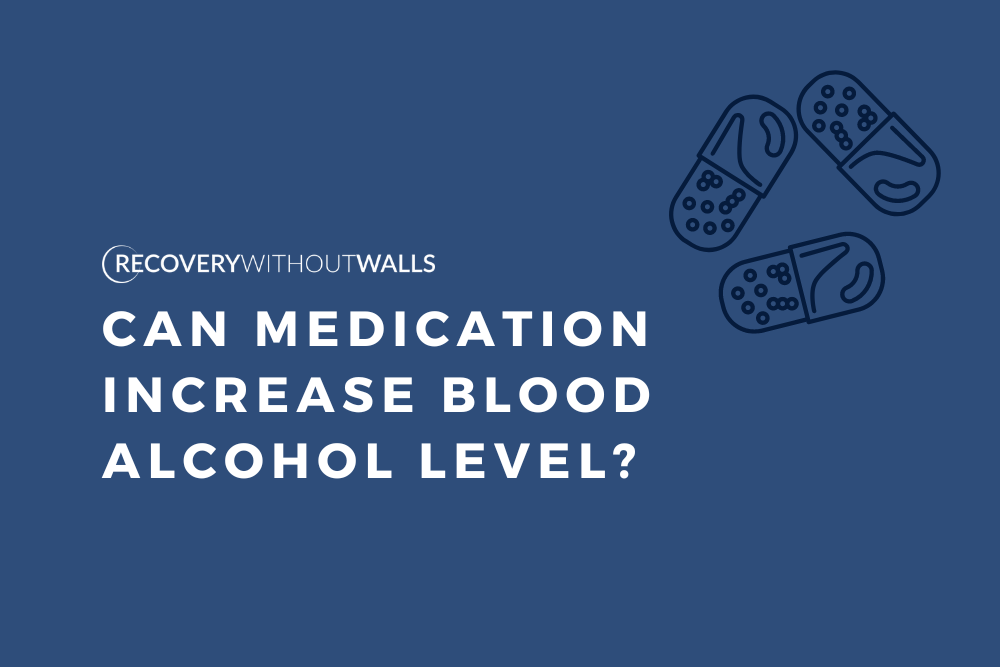
Can Medication Increase Blood Alcohol Level?
Drinking too much alcohol raises a person’s blood alcohol level, and a high blood alcohol content (BAC) can have legal and personal consequences. However, drinking is not the only thing that can influence this number. In fact, certain health conditions and medications can cause a person’s BAC to rise. But what medications can increase blood alcohol levels, and when is this concerning?
How Blood Alcohol Level Is Used
Police officers and medical professionals often check a person’s blood alcohol level to assess their safety and general health. For example, driving with a BAC above .08 is illegal. If a police officer pulls over someone whom they suspect has been drinking, they may ask this person to submit to a breathalyzer test. This helps the officer gauge if this person is within the legal limit of alcohol consumption. Officers may also request a blood test to get a more accurate reading on this level. Levels above .08 while driving warrant an arrest for driving under the influence.
Medical and health professionals also use this number to provide treatment and support in a healthcare setting. Blood alcohol levels above .40 place a person at risk for serious health consequences, such as severe alcohol poisoning, coma, or death. If someone presents to an emergency department with symptoms of one of these conditions, a doctor will order a blood test to check these levels alongside other potential conditions. Similarly, those who are in recovery for an alcohol or substance use disorder often have to submit to these tests to ensure sobriety both during and after treatment.
Do Medications Affect Blood Alcohol Levels?
People often wonder if a high blood alcohol level is the result of something other than drinking too much. It’s not uncommon for medications or medical conditions to affect these levels. However, understanding the effects of taking prescriptions or over-the-counter drugs helps prevent unintended consequences. The most common types of medication that affect a person’s BAC include*:
- Anxiety Medication
- Pain Medications
- Cold and Flu Medications
- Antibiotics
- Ulcer and Heart Burn Medications
A majority of these medications make it more difficult for the body to process alcohol properly which is what raises a person’s BAC. Cold and flu medications differ and can be especially dangerous because they often contain a small amount of alcohol in their ingredients.
* This is not a replacement for medical advice. Anyone who is concerned about the effects of prescription or over-the-counter effects on blood alcohol levels should consult with a doctor or pharmacist.
Medication Side Effects and Substance Use Disorders
For those in recovery, anything that can raise blood alcohol levels can increase concern about maintaining sobriety. Because of this, it’s important to make prescribing physicians aware of past substance use and medical concerns. This helps them choose the best medication for each person’s specific situation. They can also discuss any concerns about the effects of the prescription on blood alcohol levels. Generally, prescription medications alone will not cause a rise in someone’s BAC, but over-the-counter cold medicines could.
Alcohol Use Disorder Treatment at Recovery Without Walls
High blood alcohol levels can have adverse physical and mental health effects. Often, those struggling with a substance use disorder combine medication with alcohol in an attempt to feel its effects more quickly and strongly. This can make it more challenging to manage this diagnosis, but there is hope for anyone who is managing an alcohol use disorder in combination with medication misuse.
At Recovery Without Walls, we set our clients up for long-term success in recovery through a holistic and integrative treatment model. We use a combination of therapeutic interventions to ensure each person who walks through the door receives the care they need. Our medical model allows for close monitoring, so we can address negative side effects immediately. If you’re struggling with an alcohol or substance use disorder and need a medically focused treatment program, contact our admissions team today.




